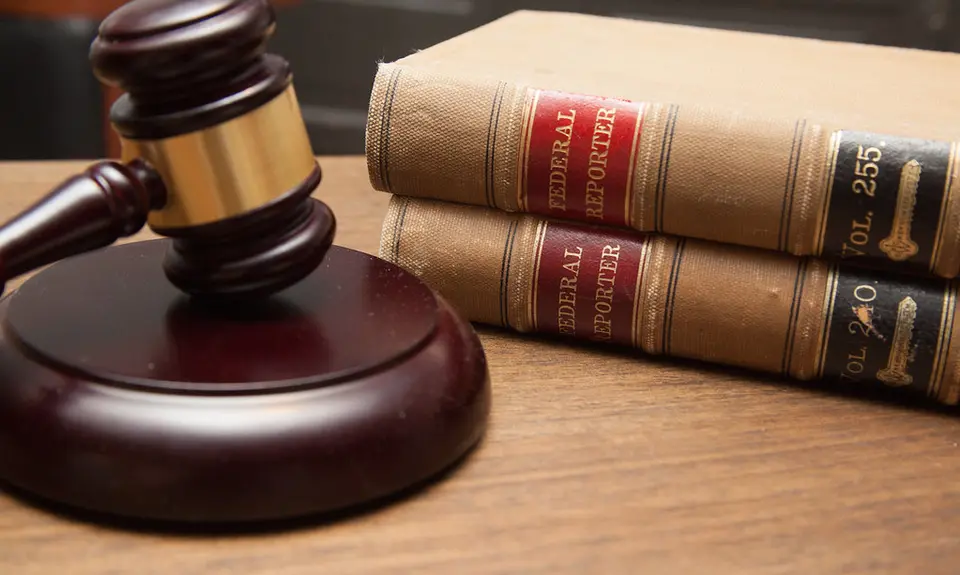Judge Salvador Mendoza Jr., who was nominated by President Biden to the Ninth Circuit court of appeals, wrote a unanimous opinion that reversed a lower court and allowed a class action to go forward against a sunscreen maker for allegedly including dangerous levels of benzene in its product. The October 2024 decision was in Bowen v Energizer Holdings Inc.
What happened in this case?
Beth Bowen is a California resident who purchased several bottles of Banana Boat sunscreen from a pharmacy. She used up several bottles and, after hearing about sunscreen problems, saved part of the last bottle she used and had it tested at a laboratory. The tests revealed that the sunscreen contained benzene, which the FDA has stated can cause cancer, although the bottle did not disclose that ingredient.
Bowen filed a class action lawsuit against Energizer and several other corporations involved in manufacturing and distributing the sunscreen. The complaint contends that the corporations failed to disclose the dangerous benzene in the product and that they falsely represented that it was “safe” when used as directed. The corporations moved to dismiss the case, claiming that Bowen did not have standing to bring the case in federal court. The lower court agreed.
In particular, the district court ruled that Bowen’s allegations and outside source did not “establish” that sunscreen with the amount of benzene claimed by Bowen “creates a credible or substantial risk” of physical or economic harm. Bowen maintained that the court had improperly resolved disputed factual issues in the corporations’ favor and appealed to the Ninth Circuit.
How did Judge Mendoza and the Ninth Circuit decide the case and why is it important?
Judge Mendoza’s unanimous opinion agreed with Bowen’s criticism, reversed the lower court judgment, and sent the case back so that the class action can proceed. In a case like this one, Mendoza explained, there is a clear overlap between the facts that may establish standing and those that determine which party is right on the merits. In such a situation, he went on, a district court should not determine those facts on its own, but instead apply a
standard like a “motion for summary judgment.” That means that a court should not itself seek to resolve “genuinely disputed facts” but instead should “leave the resolution of material factual disputes” to the jury or other trier of fact.
Mendoza wrote that the court below, however, had erroneously sought itself to resolve disputed factual issues that should have been left for a jury to determine. Such “genuine disputes of material fact” on the harm caused by benzene, he went on, “render dismissal on standing grounds improper.” The opinion made clear that Bowen’s allegations were sufficient to support standing and ruled that the case should proceed in the district court.
The opinion by Judge Mendoza is obviously important to Beth Bowen and the other members of the class who seek justice concerning the harms they contend are caused by the benzene-laden sunscreen. The case also provides useful guidance on resolving standing issues when they overlap with the merits, particularly in the Ninth Circuit, which includes California, Alaska, Arizona, Hawaii, Idaho, Montana, Nevada, Oregon and Washington. In addition, the ruling serves as a reminder of the importance of promptly confirming fair-minded judges to our federal courts.
